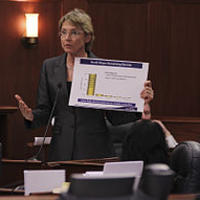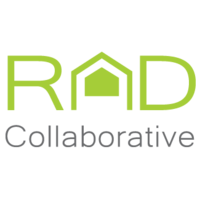(Washington, D.C.) August 27, 2021 -- Statement from CLPHA Executive Director Sunia Zaterman on the Supreme Court's blocking of the CDC's eviction moratorium:
“The Supreme Court’s decision last night to invalidate the federal eviction moratorium threatens the lives of million of families, many of whom are people of color, with the tragic consequences of eviction and homelessness just as colder months approach and the delta variant rages out of control.
“As mission driven organizations public housing authorities believe that keeping residents housed is the most effective policy for the families, communities, and public health safety. Housing authorities continue to take a multitude of steps to keep their residents housed, including connecting residents with legal and relief resources, streamlining the income recertification process, operating rent relief programs, creating partnerships with community service organizations, and so much more.
“The most effective lifeline available to tenants and landlords are the significant funds in the Emergency Rental Assistance Program that Congress passed in two tranches late last year and in the first quarter of 2021. CLPHA is working closely with the Biden administration by providing recommendations that will expedite emergency rental assistance as swiftly as possible.”

On December 20, 2017, the U.S. Congress passed the joint House-Senate conference committee agreement on HR 1, the Tax Cuts and Jobs Act. HR 1 is the most far-reaching tax reform legislation in over three decades. For affordable housing providers the bill fully preserves private...

HUD’s one-size-fits-all regulatory approach often inhibits PHAs from effectively tailoring federal programs to local community needs. PHAs have been successful when they are able to tailor their policies according their agency’s individual local goals, housing market conditions, and community priorities. This flexibility provides housing authorities the necessary tools to best serve their low-income residents. HUD should allow housing authorities to focus on innovation, ...

RAD was initially authorized with a unit cap of 60,000 in the FY12 appropriations bill, which has since been lifted to 455,000 in the FY18 appropriations bill. In order to meet the demand for RAD, CLPHA strongly supports eliminating the RAD cap.